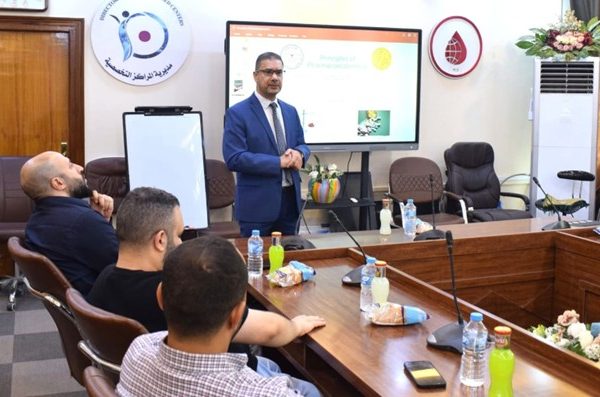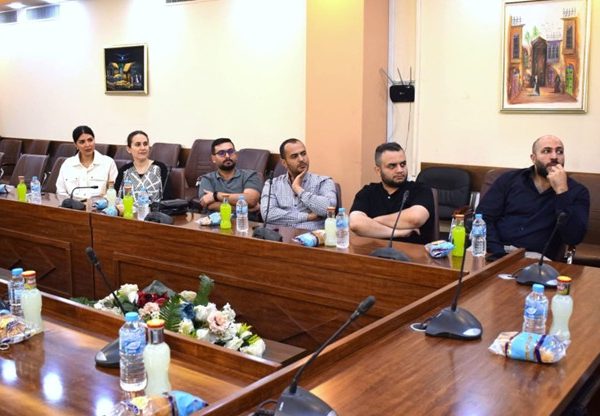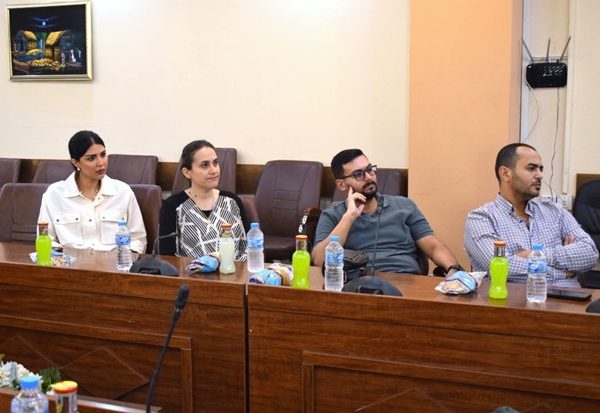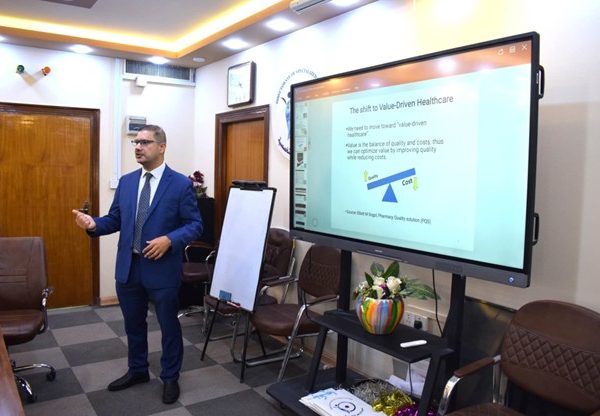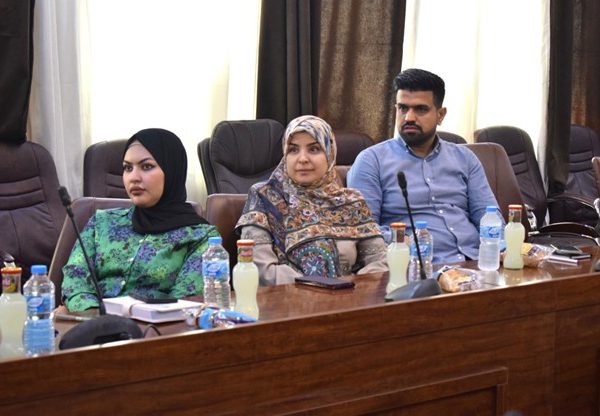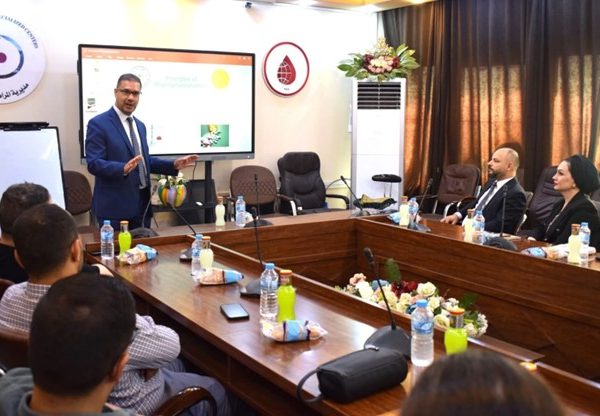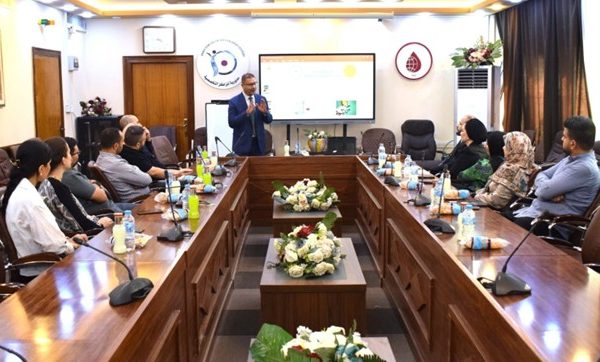Assistant Professor Dr. Ali Azeez Ali, a faculty member at the College of Pharmacy / University of Baghdad and a consultant at the Technical Affairs Directorate/ Need Assessment Department/ Health Technology Assessment Division, conducted a workshop on the fundamentals of pharmaceutical economic evaluation studies. The workshop was held at the Specialized Centers Hall in the Ministry of Health.
This workshop comes within the framework of enhancing the efficiency of pharmaceutical spending, which the Ministry of Health aims to achieve, and in selecting the most effective and safe medications. The session covered the basic principles of these studies and their importance in supporting the Ministry’s decisions regarding the inclusion of medications in the essential drug list.
The workshop addressed several topics, including types of economic evaluations of pharmaceuticals, different cost categories in these studies, the importance of measuring quality of life, and the requirements for conducting high-quality economic evaluations. The presenter focused on the essential elements for preparing such evaluations and on reliable sources, especially for newly joined pharmacists in the division, to help them produce high-quality assessments.
He emphasized that comparisons between a newly proposed medication for inclusion in the essential list and an older, already listed medication should be contextual and based on efficacy and safety, not merely purchase price. Newer medications are often more expensive but generally more effective, leading to long-term savings for the Ministry.
The workshop concluded by stressing the importance of applying international scientific theories in real-world practice and promoting a culture of economic evaluation in pharmaceutical policy-making.



